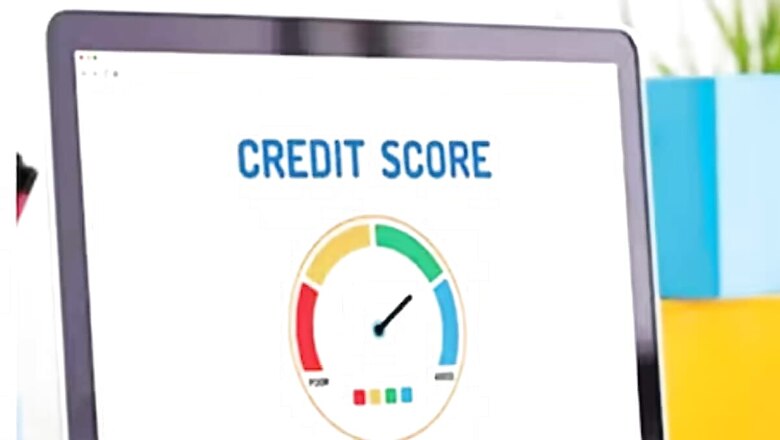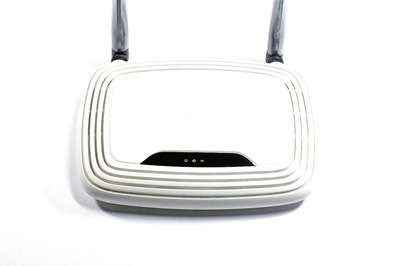
views
Financial institutions place great significance on an individual’s credit score when evaluating lending opportunities. This underscores the need for individuals to have a clear understanding of their CIBIL score and how to enhance it. The credit score system serves the purpose of evaluating an individual’s ability to meet their debt obligations promptly. It also plays a pivotal role in determining future credit eligibility.
Therefore, it is essential to acknowledge that inaccuracies or anomalies can occasionally affect the credit score supplied by Credit Information Bureau (India) Limited (CIBIL), potentially resulting in financial repercussions.
What Exactly Is A CIBIL Score?
A CIBIL score is essentially a numerical summary of one’s credit history. The CIBIL Score is a three-digit figure between 0 and 900. A person’s credit history improves as their credit score rises. It is important to understand the elements that influence your CIBIL score and how to correct any anomalies in order to improve your credit score.
In the event of a problem or dispute with your CIBIL score, particularly if the bank fails to record your timely loan repayments, you can take the following steps:
– First, fill out the dispute form. You can do this online at https://www.cibil.com/. You must supply all relevant details and thoroughly explain the disparity.
– You may also provide any supporting documentation. Keep a duplicate of this dispute form for your own records in case you need to provide it in the future.
– After you file the dispute, CIBIL will investigate to authenticate your claim with the relevant lender. The lender has 30 days to react to your challenge. If the bank acknowledges that there was an error, CIBIL will amend the error in its own records.
– If the dispute is decided in your favour, the required modifications will be made to your credit report, and CIBIL will provide you with a revised credit report.
– If the lender rejects your challenge, the information on your credit report and credit score will remain unchanged. In this scenario, you may need to contact your bank or lender directly and give documentation of on-time loan repayments.
– If you are not happy with the resolution or do not receive a response within 30 days, you can follow up and approach CIBIL again to escalate the problem.
– It is important to keep in mind that your credit score will not improve overnight. It may take some time for a better credit score to be reflected after the modifications are made.
Given the significance of credit scores, such differences must not be overlooked. A low credit score can make it harder to get loans on advantageous terms in the future. Additionally, a good credit score demonstrates an individual’s creditworthiness and is a key component in evaluating loan eligibility.




















Comments
0 comment